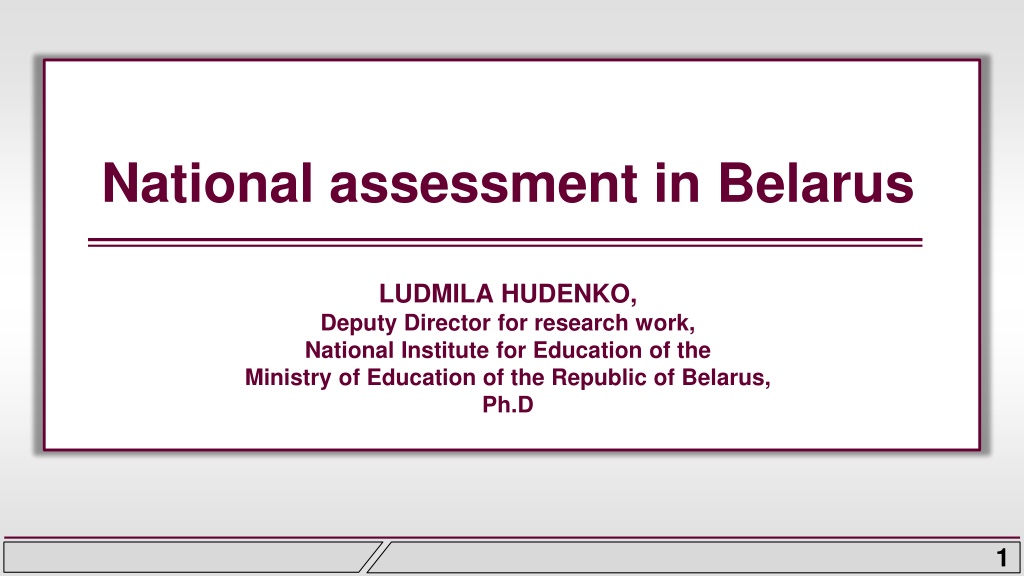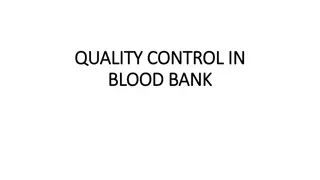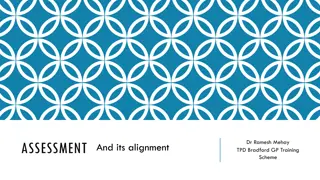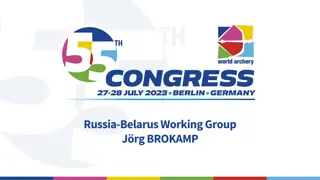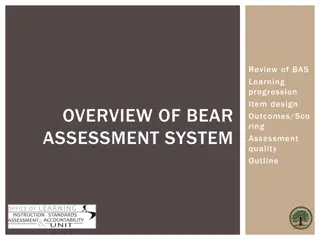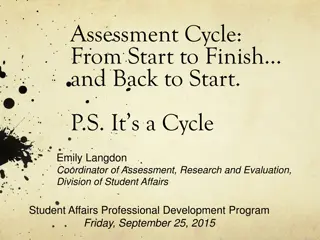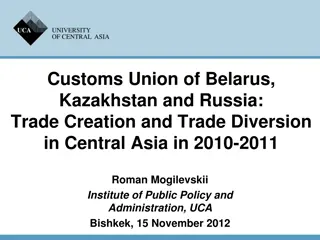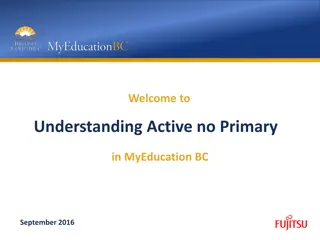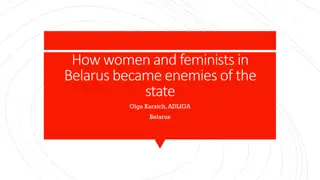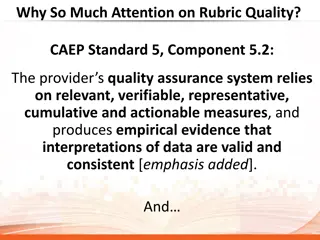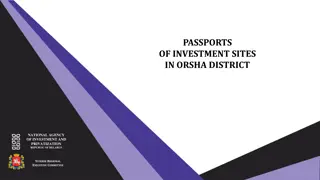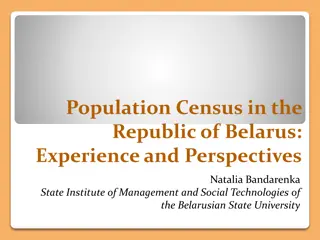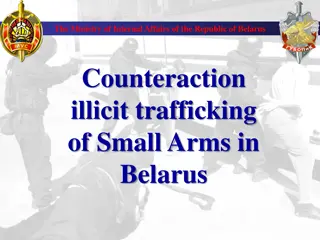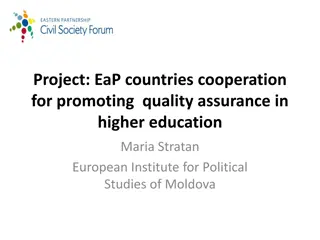Assessment System for School Education Quality in Belarus
Deputy Director Ludmila Hudenko explains the components of Belarus's national assessment system, which includes classroom assessment, final examinations, centralized testing, and more to ensure quality education. Students are assessed through various methods at different levels, with a focus on academic achievement and performance evaluation of educational institutions.
Download Presentation

Please find below an Image/Link to download the presentation.
The content on the website is provided AS IS for your information and personal use only. It may not be sold, licensed, or shared on other websites without obtaining consent from the author. Download presentation by click this link. If you encounter any issues during the download, it is possible that the publisher has removed the file from their server.
E N D
Presentation Transcript
National assessment in Belarus LUDMILA HUDENKO, Deputy Director for research work, National Institute for Education of the Ministry of Education of the Republic of Belarus, Ph.D 1
Components of a national system assessing school education quality current, intermediate and final students assessment in a classroom environment; final examinations after completion of studies at II III levels; entrance examinations to gymnasium and lyceum; entrance examinations to institutions providing specialized secondary and higher education held in the form of centralized testing; national education quality monitoring; expert-based assessment: self-assessment of performance by educational institutions; supervision, accreditation and attestation of educational institutions; professional certification of the pedagogical staff, etc. 2
Assessment of students' achievement in a classroom Current, intermediate and final students assessment in grades III XI with an application of 10-grade assessment system determining one out of five levels of school material mastering. Ungraded education - grades I-II. 3
Final examinations after completion of studies - grades IX and XI Grade IX - mathematics (test), Belorussian or Russian language (dictation); Grade XI - Belorussian or Russian language (written reproduction), mathematics (test), foreign language (orally); history of Belarus (orally). 4
Centralized testing (CT) There are 15 school subjects, knowledge of which can be checked in a course of such testing. Each school leaver shall pass CT on 3 different school subjects: Russian or Belorussian language (upon choice made by a school leaver) and 2 vocation- related subjects. Part A contains closed tasks, while Part comprises open type tasks. Republican Institute for Knowledge Control (RIKC) is charged with responsibility to organize proper testing. The State Courier Service ensures delivery of materials to testing points as well as their return. The information on centralized testing results is available through the RIKC web- site and can also be obtained via SMS request. An access to the information on the centralized testing results is granted to a school leaver only. 5
National quality monitoring in the field of general secondary education It is conducted on an annual basis within the framework of the following five areas: educational experience of students within all school subjects; students fatigue and performance indicators; students personal development; quality of educational services; professional competence of the pedagogical staff. 6
Utilization the monitoring results Provision of appropriate regulatory, legal, personnel and financial support to the educational system; Improvement of the content of education, educational standards, curricula and textbooks; Elaboration of modern methods and technologies for training and upbringing; Establishment of mechanisms for effective monitoring and evaluation of activities; Improvement of curricula, training and refresher programs for the teaching staff. 7
Cross-country monitoring studies Assessment of information and communication competence of 9 grade students - project implemented in partnership with the National Training Foundation (Russian Federation) under Small Grants Program of the Center for International Cooperation in Education Development (CICED). 8
Prospects for the national assessment development in Belarus 2015 - analysis of the system for education quality assessment in the field of general secondary education with an application of SABER tools (Systems Approach for Better Education Results) under the World Bank s Grant. 2018 - participation of the Republic of Belarus in the Program for International Student Assessment (PISA). 2016 - elaboration of criteria, indicators, tools and an independent assessment of the education quality within the framework of scientific researches. Cooperation with the Eurasian Association for Educational Assessment (EAOKO). Participation in webinars and training courses organized by the Russian Training Center of the Institute of Education under the National Research University Higher School of Economics . Participation in conferences, workshops and projects organized by the Center for International Cooperation in Education Development (CICED). 9
Thank you for attention! 10
